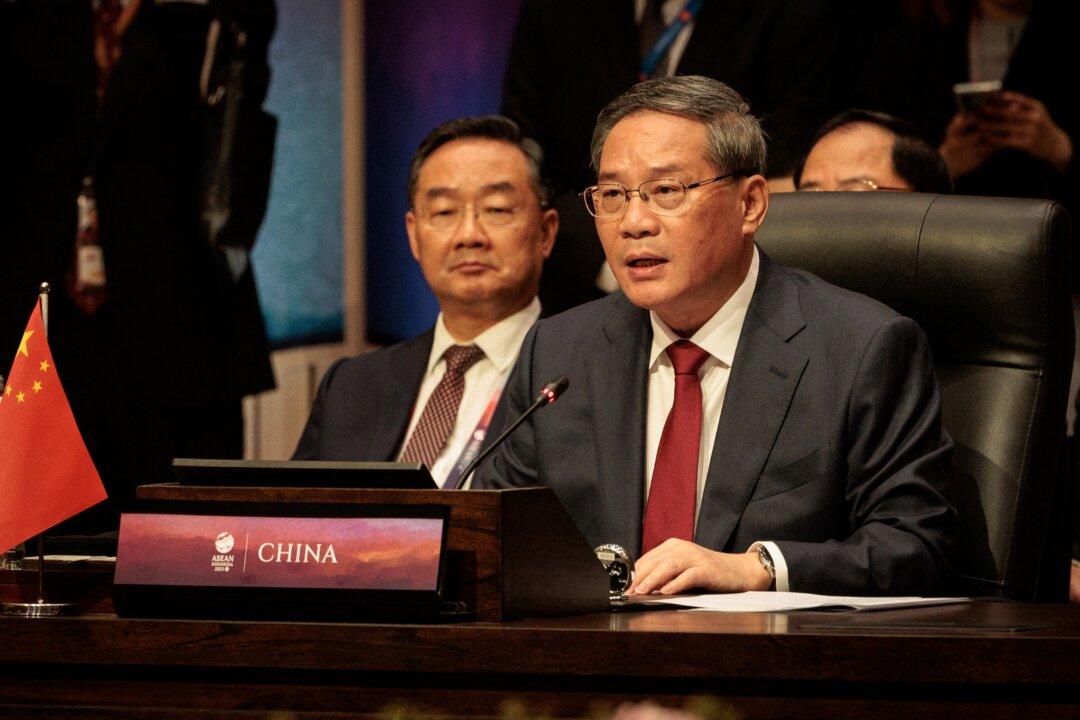News Analysis
Chinese leader Xi Jinping cut short the Central Economic Work Conference held in Beijing on Dec. 11-12. He delivered a speech on the opening day and left for Hanoi the next day.

Chinese leader Xi Jinping cut short the Central Economic Work Conference held in Beijing on Dec. 11-12. He delivered a speech on the opening day and left for Hanoi the next day.